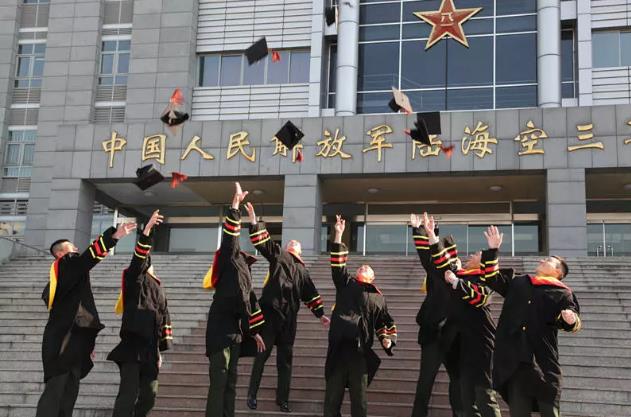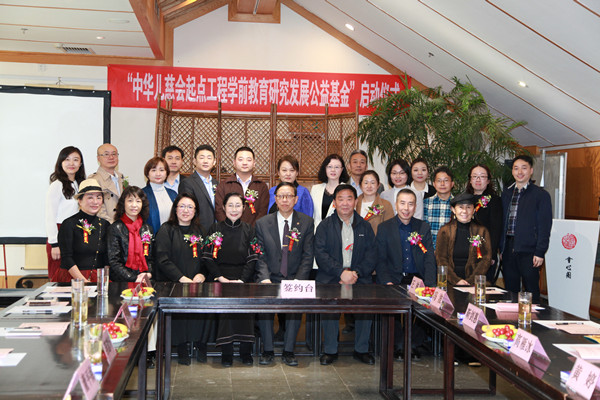Wang Qide, deputy to the National People’s Congress and president of “Wulang” Yellow Goat and “Hongqi” Pig Breeding Professional Cooperative in Nangjiang County, Bazhong City, Sichuan Province, sat down for an interview with China Economic Network (ce.cn).
 On 8 April , 2018, a seminar on the Appreciation and Creation of Traditional Chinese Landscape Painting & the MOODLE Platform Project of the Open University of China (OUC) was held in Cixi, Zhejiang Province. 17 people, including the OUC president, Yang Zhijian, members of the project, and the leaders of some OUC branches attended the conference, which was chaired by the head of the project, Tang Yingshan.
On 8 April , 2018, a seminar on the Appreciation and Creation of Traditional Chinese Landscape Painting & the MOODLE Platform Project of the Open University of China (OUC) was held in Cixi, Zhejiang Province. 17 people, including the OUC president, Yang Zhijian, members of the project, and the leaders of some OUC branches attended the conference, which was chaired by the head of the project, Tang Yingshan.
In 2018, the Open University of China (OUC) will continue to promote the construction of the learning outcome accreditation system, and launch learning-outcome accreditation sub-centres in the spring of the year.
Teachers and tutors from the Tianjin Radio and TV University (Tianjin RTVU) recently visited rural villages in Wuqing district and the rural school for adults there, bringing free learning cards and setting up high-quality learning resources to help enhance the skills and educational level of farmers in the area.
 She began to be involved in distance education after graduation, and since then has been working to fulfill her oath to "pass along knowledge to RTVU students and raise the profile of distance education."
She began to be involved in distance education after graduation, and since then has been working to fulfill her oath to "pass along knowledge to RTVU students and raise the profile of distance education."
The Government Work Report underlines a number of key points, including the development of fair and high-quality education; the integrated development of urban and rural compulsory education, and the promotion of preferential support for education in poverty-stricken areas; the development of ethnic minority education, special needs education, continuing education, and online education; the strengthening of the teaching team and the development of teacher ethics ; and the development of equal access to education to help each individual to change their fate and realise their dreams.
 On 29th March 2018, Yang Zhijian, president of the Open University of China (OUC), was elected by the OUC Bayi School, with the approval of the OUC’s official approval (OUC Official Document 2018 No. 1), to undertake the position of council director of the OUC Bayi School.
On 29th March 2018, Yang Zhijian, president of the Open University of China (OUC), was elected by the OUC Bayi School, with the approval of the OUC’s official approval (OUC Official Document 2018 No. 1), to undertake the position of council director of the OUC Bayi School.
 On 28th March 2018,a pre-school education research and development public welfare fund project jointly established by the Bayi School of the Open University of China (OUC) and the China Charities Aid Foundation for Children (CCAFC) was launched in Beijing.
On 28th March 2018,a pre-school education research and development public welfare fund project jointly established by the Bayi School of the Open University of China (OUC) and the China Charities Aid Foundation for Children (CCAFC) was launched in Beijing.